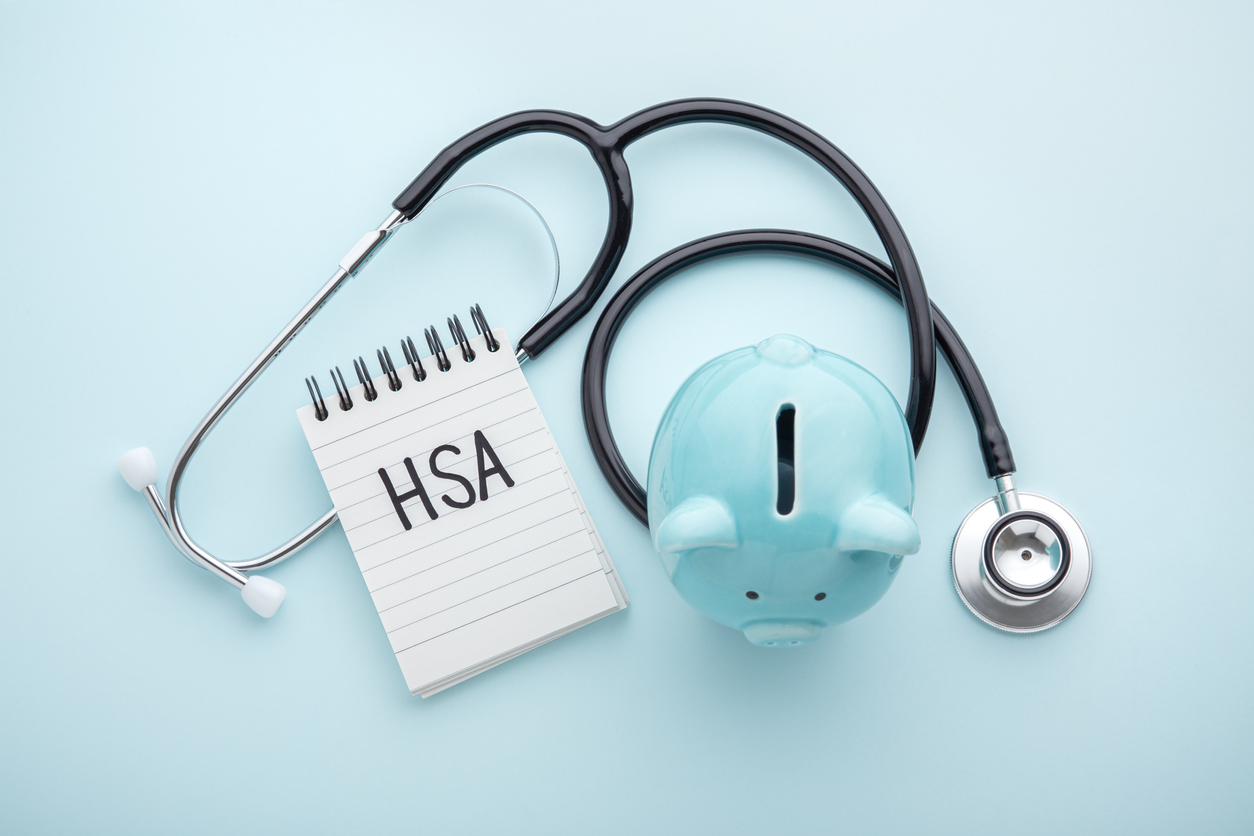Any time is a good time to revisit your financial strategy, and one of the most powerful yet underutilized tools at your disposal is the Health Savings Account (HSA). An HSA isn’t just for medical bills. It also comes with tax perks that can save you money now and help you plan for the future. Whether you’re trying to cut healthcare costs or stash away savings for later, understanding how to use an HSA can make a big difference.
Read on to learn more about how this type of account works and the benefits it holds for you and your family.
What Is a Health Savings Account?
An HSA is a tax-advantaged savings account designed for individuals enrolled in a High-Deductible Health Plan (HDHP). It allows you to save pre-tax dollars for qualified medical expenses, including deductibles, copayments, and other healthcare costs not covered by your insurance.
Unlike Flexible Spending Accounts (FSAs), HSA funds roll over year to year and can accumulate over time. It never expires, so it’s easy to save for health expenses — even for healthcare expenses you foresee going into retirement. It’s worth noting, though, once you are 65 years old or enrolled in Medicare coverage, you can no longer contribute to the account.
The HSA Basics
Contributions to the account are made by either an employee or employer, with contributions being capped annually. However, not all health insurance plans are eligible for HSAs, so be sure to check with your employer or the administrator of your health plan before signing up. If your employer does not, you can open a separate HSA account if you also have a qualifying insurance plan. HSA Bank is a popular choice, but make sure to research other healthcare savings institutions to find the right fit.
Health Savings Accounts (HSAs) typically come with a debit card that you can use to pay for qualified medical expenses. This card makes it convenient to cover costs like doctor visits, prescriptions, and other eligible healthcare expenses without needing to pay out of pocket first and then seek reimbursement.
Triple Tax Advantages
One of the best features of health savings accounts is the lack of taxation. Contributions made to health savings accounts are either pre-tax or tax-deductible, and after growth are not taxed. Withdrawals for eligible expenses also go untaxed. So, if you have an HDHP and feel HSA works best for you and your family, this is a win-win! HSAs offer a unique “triple-tax” benefit:
- Tax-Free Contributions: Every year, the Internal Revenue Service (IRS) sets the maximum that can be contributed to an HSA. Contributions to your HSA are made pre-tax, reducing your taxable income for the year. See the latest HSA contribution limits and eligibility rules.
- Tax-Free Growth: The money in your HSA can grow tax-free. Some HSAs earn interest, like a savings account, while others offer investment options once your balance reaches a certain amount. You can invest in mutual funds, stocks, and bonds, allowing your money to grow over time, like a retirement account.
- Tax-Free Withdrawals: Withdrawals used for qualified medical expenses are tax-free, providing significant savings on healthcare costs. It’s important to note that non-qualified withdrawals before age 65 may incur taxes and a 20% penalty. After age 65, HSA funds can be used for non-medical expenses without penalty, though such withdrawals will be subject to ordinary income tax.
Additional Considerations
- Eligibility: To contribute to an HSA, you must be enrolled in an HDHP and not have other non-HDHP health coverage. Additionally, you cannot be enrolled in Medicare or be claimed as a dependent on someone else’s tax return.
- Portability and Rollover: HSAs are individually owned accounts, meaning you can take them with you if you change jobs or retire. Unused funds roll over year to year, allowing you to build a substantial healthcare nest egg over time.
- Strategic Use of HSA Funds: While HSAs are primarily intended for current medical expenses, they can also serve as a powerful retirement planning tool. By covering current medical costs out-of-pocket and allowing your HSA funds to grow, you can accumulate significant savings to cover healthcare expenses in retirement.
What Can I Use HSA Funds For?
You can only use funds in an HSA for qualified medical expenses. The IRS defines medical expenses as “the costs of diagnosis, cure, mitigation, treatment or prevention of disease and the cost of treatments affecting any part or function of your body.” This includes things like:
- Ambulance service
- Counseling
- Prescription drugs
- Eye & Dental care
- Lab tests and X-Rays
- Surgery and Hospital care
- Hearing aids
- Bandages
- Over the counter medications
- Menstrual products
- Epsom salts and Antacids
- Wellness and substance abuse treatments
- And more…
Why an HSA is a Smart Choice for Your Future
An HSA is often a smart choice for overall healthy individuals and for saving money for future health care. Those near retirement age may benefit from HSA as it can offset the costs of medical care down the road. Starting an HSA at a younger age can help reduce taxes in retirement by maximizing total contributions without being subject to distributions that would incur additional income taxes.
To ensure the account is meeting your needs, make sure you are depositing funds regularly. A HSA will only provide the benefits you are looking for if you contribute to it consistently and regularly. There are many benefits of using an HSA, so be sure to take advantage of this option if available!





